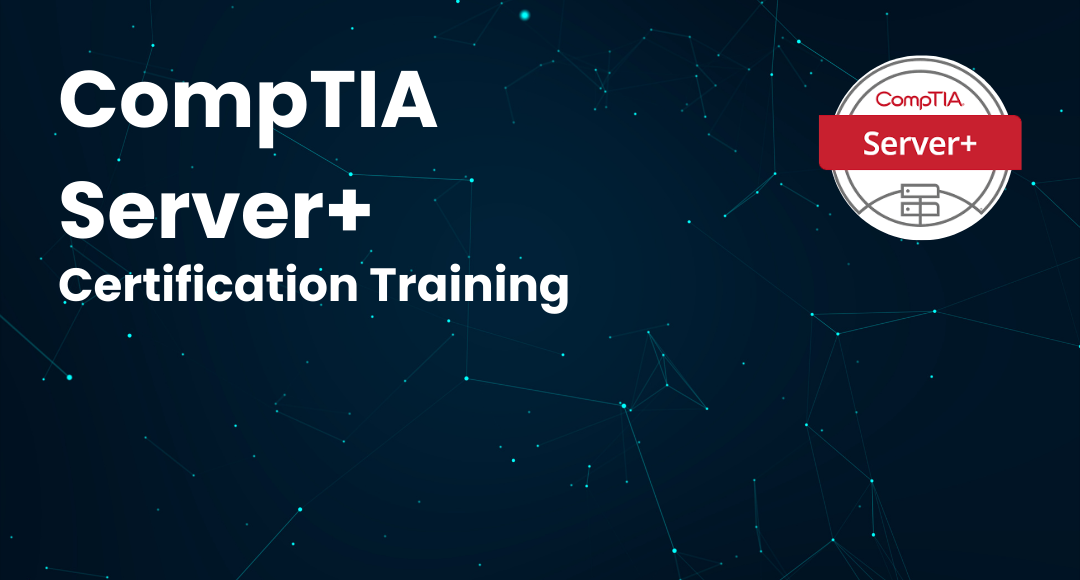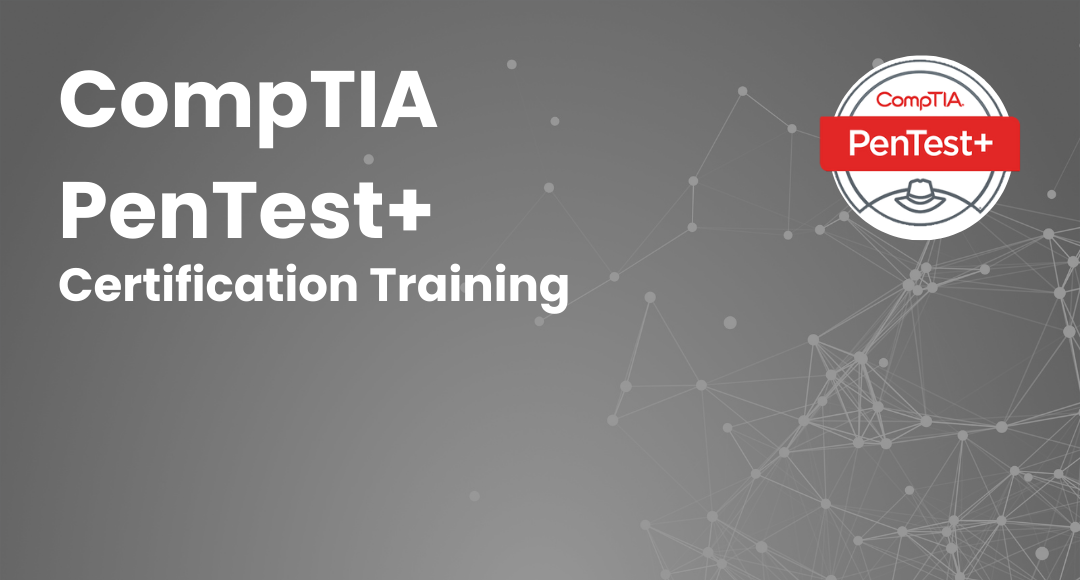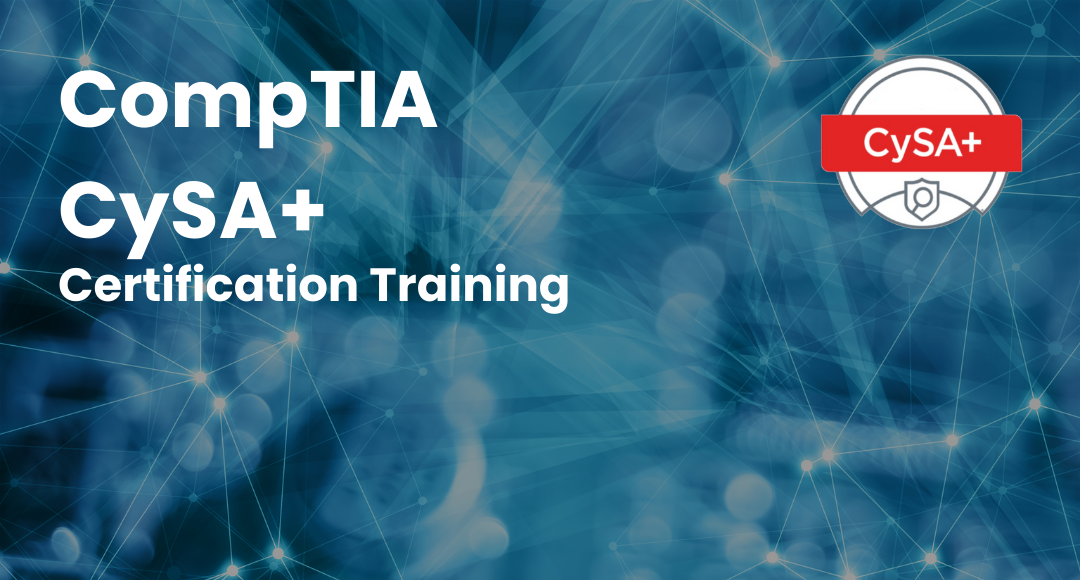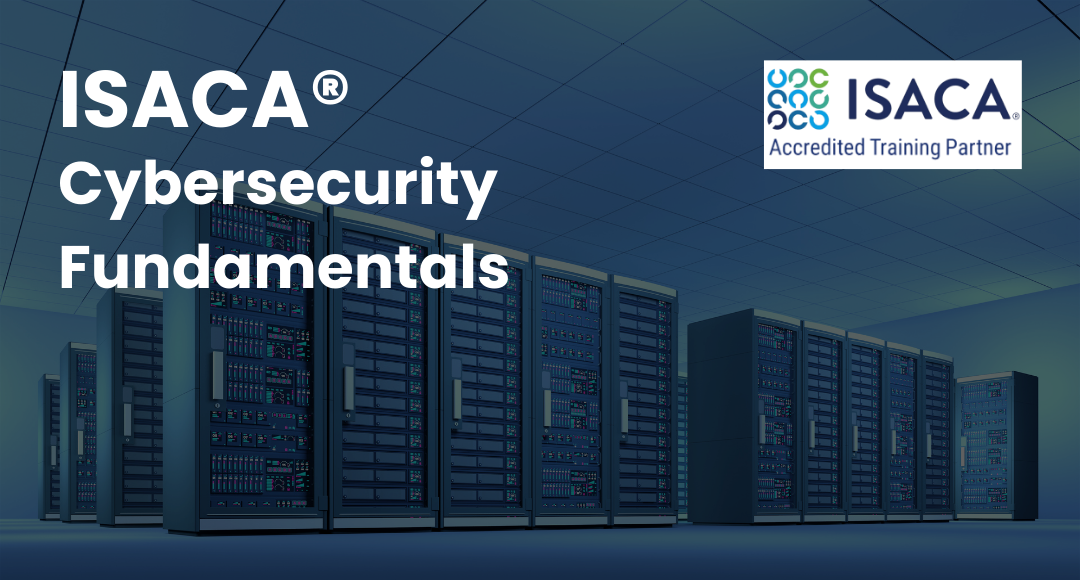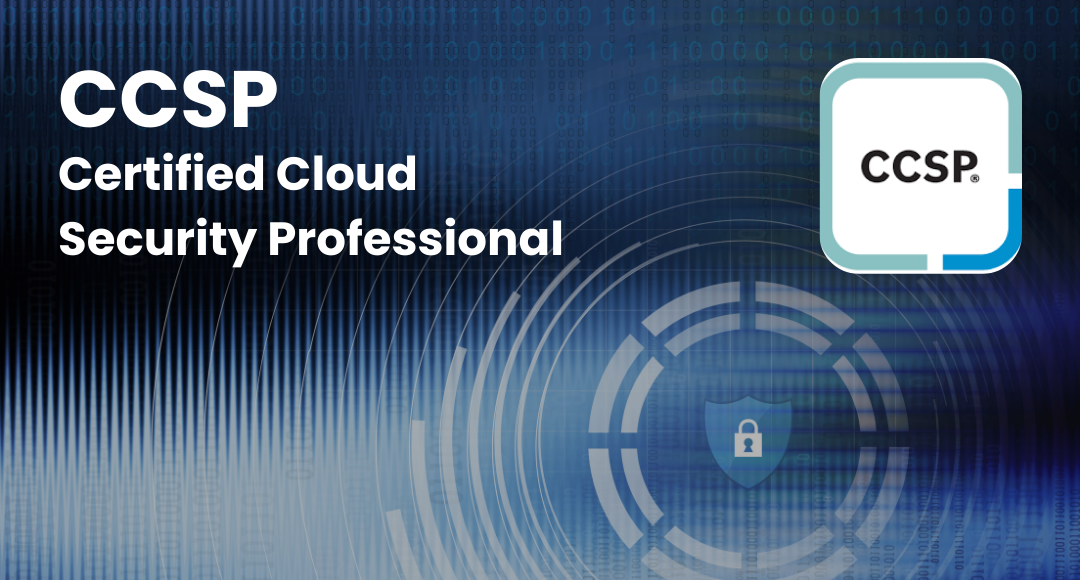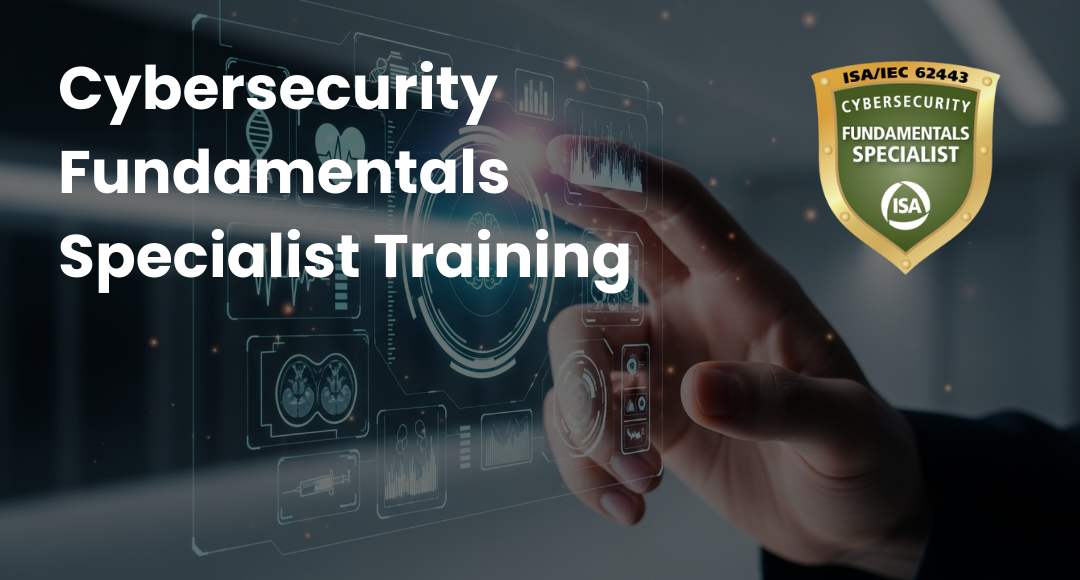Top 5 Ransomware Attacks to Watch Out for in 2026
-
 By Prajwal
By Prajwal
- Published on Apr 18 2024

Table of Contents
Introduction
In today's digital landscape, the threat of ransomware attacks looms large, posing a significant risk to organizations and individuals alike. These malicious campaigns have gained notoriety for their ability to infiltrate systems, encrypt valuable data, and demand hefty ransoms for its release.
As we enter 2026, it is crucial to stay vigilant and informed about the evolving landscape of ransomware attacks. In this article, we will delve into the top five ransomware attacks to watch out for in 2026.
Understanding these cyberthreats and their potential impact is vital for organizations to bolster their cybersecurity defenses and protect against these increasingly sophisticated and damaging cyber-attacks.
By staying informed, we can better equip ourselves to mitigate the risks, safeguard our data, and ensure the continuity of our digital ecosystems.
Understanding Ransomware: How Does it Work?
Ransomware attacks can be complex and disruptive, but understanding the basic mechanisms at play empowers individuals and organizations to take preventive measures. Here's a breakdown of how ransomware operates:
- Initial Infection:
An attacker gains access to a victim's system through various methods like phishing emails, malicious software downloads, or exploiting security vulnerabilities. - Lateral Movement:
Once inside, the attacker establishes a foothold and attempts to move laterally across the network, potentially compromising other devices and user accounts. - Data Encryption:
The ransomware then encrypts the victim's data files, rendering them inaccessible. This encryption often uses strong algorithms, making decryption without the attacker's key extremely difficult or even impossible. - Ransom Demand:
The victim is presented with a ransom note demanding payment in cryptocurrency (like Bitcoin) to receive a decryption key and regain access to their data. - Pressure Tactics:
Attackers often employ pressure tactics by setting a deadline for payment, threatening to permanently delete the data, or leak sensitive information publicly if the ransom is not paid.
Top 5 Ransomware Attacks in 2026
The year 2026 brings with it a heightened level of concern and anticipation in the realm of cybersecurity, specifically regarding the looming threat of ransomware attacks.
As technology advances and cybercriminals become more sophisticated, it is essential to stay informed about the evolving tactics and strategies employed by these malicious actors.
In this section, we will delve into the top five ransomware attacks projected to dominate the cybersecurity landscape in 2024.

DarkSide
In the dark underbelly of the cybercriminal world, a notorious ransomware group known as DarkSide has emerged as a formidable threat. With their advanced techniques and high-profile attacks, DarkSide has captured the attention of cybersecurity experts and organizations alike.
Here are the things that are known about this group-
- Notorious ransomware-as-a-service (RaaS) group
- Targets larger organizations with advanced techniques
- Known for high-profile attacks on critical infrastructure
REvil
In the realm of ransomware attacks, one name stands out as both notorious and financially successful: REvil. Also known as Sodinokibi, this cybercriminal group has made waves with its sophisticated tactics and high-profile breaches.
Here are the things that are known about this group-
- Active and financially successful ransomware group
- Conducted supply chain attack on Kaseya in 2021
- Expected to evolve tactics and expand operations in 2024
Conti
This ransomware group has made its mark by targeting organizations, particularly in the healthcare sector, and wreaking havoc on their digital infrastructure.
Here are a few things known about this group-
- Focuses on healthcare but targets various industries
- Operates as an affiliate-based ransomware group
- Versatile threat expected to persist in 2026
LockBit
LockBit has swiftly risen to prominence as a formidable threat to organizations worldwide. This insidious ransomware-as-a-service (RaaS) group has perfected the art of combining file encryption with data theft, employing double extortion tactics to maximize their leverage.
Here are the things that are known about this group-
- Rapidly emerged as a significant threat since 2019
- Double extortion tactics with file encryption and data theft
- Targets high-value organizations, emphasizes speed and efficiency
Maze
In the annals of ransomware history, the Maze ransomware group stands out as a pioneering force that forever changed the landscape of cyber threats.
While the original Maze group may have disbanded, its legacy lives on through the emergence of copycat successors. These successors have taken up the mantle, employing similar tactics and wreaking havoc on organizations worldwide.
Here are the things that are known about this group-
- Original group retired but copycat successors emerged
- Pioneered data exfiltration and threat of data release
- Legacy of data extortion attacks expected to continue in 2026
Features and Implications
Understanding the features and implications of ransomware attacks is crucial in today's threat landscape. DarkSide, REvil, Conti, LockBit, and Maze are notorious ransomware groups that employ advanced techniques and tactics.
These include advanced exploitation methods, the Ransomware-as-a-Service (RaaS) model, double extortion tactics, targeted industries, and significant financial losses and operational disruption.
By grasping these features and implications, organizations can proactively strengthen their cybersecurity defenses and mitigate the risks associated with ransomware attacks.

- Advanced Exploitation Techniques
DarkSide, REvil, Conti, LockBit, and Maze are all ransomware groups known for their utilization of advanced exploitation techniques. They exploit vulnerabilities in software, networks, and human error to gain unauthorized access to systems.
These sophisticated techniques allow them to bypass security measures and infiltrate targeted organizations, increasing the success rate of their attacks. The implication for organizations is the need to stay informed about the latest vulnerabilities and promptly apply patches and updates to mitigate the risk of exploitation.
- Ransomware-as-a-Service (RaaS) Model
DarkSide, REvil, and LockBit operate on a Ransomware-as-a-Service (RaaS) model. This means they provide the ransomware software to other threat actors, who then carry out the attacks in exchange for a percentage of the ransom payments.
This model enables these groups to scale their operations rapidly and increases the overall threat landscape. The implication for organizations is that ransomware attacks are not limited to a single group but can be perpetrated by a wide range of actors. Organizations should be prepared for potential attacks from different sources.
- Double Extortion Tactics
LockBit, REvil, and Maze are known for employing double extortion tactics. In addition to encrypting files and demanding a ransom, these groups also exfiltrate sensitive data from their victims. They threaten to release the stolen data if the ransom is not paid, adding additional pressure on organizations to comply.
This tactic poses a significant risk to organizations as it can lead to reputational damage, legal consequences, and loss of customer trust. It underscores the importance of implementing strong data protection measures, including encryption and secure backup solutions, to mitigate the potential impact of data leakage.
- Targeted Industries and Organizations
Each ransomware group exhibits preferences for specific industries and organizations. For example, DarkSide has shown interest in critical infrastructure, while Conti primarily targets healthcare organizations.
Understanding the targeted sectors allows organizations operating in those industries to be particularly vigilant and implement additional security measures.
It is crucial for these organizations to conduct thorough risk assessments, establish robust cybersecurity protocols, and invest in industry-specific threat intelligence to mitigate the risk of ransomware attacks.
- Financial Losses and Operational Disruption
Ransomware attacks can inflict significant financial losses on organizations. In addition to the ransom payment itself, organizations may incur costs associated with incident response, system restoration, legal fees, regulatory fines, and reputational damage.
The implications for organizations are the need to allocate resources for cybersecurity measures, invest in reliable backup solutions, and develop comprehensive incident response plans. Being prepared for the financial impact of a ransomware attack can help organizations minimize the fallout and ensure a smoother recovery process.
By understanding the features and implications of these ransomware attacks, organizations can take proactive measures to enhance their security posture.
This includes regularly updating software, patching vulnerabilities, implementing robust access controls, conducting employee training on phishing and social engineering, and establishing comprehensive incident response plans.
By prioritizing cybersecurity measures and staying vigilant, organizations can reduce the risk of falling victim to ransomware attacks and minimize the potential damage they can cause.
Conclusion
In this ever-changing landscape, knowledge is the key to staying ahead of cybercriminals.
By staying informed about the top ransomware attacks projected for 2026, organizations can fortify their defenses, protect their valuable data, and safeguard against financial losses.
Through a combination of robust security measures, employee training, incident response planning, and industry collaboration, we can collectively combat ransomware threats and create a safer digital environment for businesses and individuals alike.
Here are some tips to protect yourself from these ransomwares-
- Stay informed and proactive to mitigate the risks of ransomware attacks
- Implement robust cybersecurity practices to protect valuable data and minimize financial losses
- Prioritize data protection, backup solutions, and incident response plans
- Stay vigilant and adapt security measures as ransomware threats evolve in 2026.
Here is a cybersecurity course that we recommend for you-
CISA® - Certified Information System Auditor
Learn more about us and our courses at Sprintzeal.
Popular Programs
CISSP® - Certified Information System Security Professional
Live Virtual Training
- 4.9 (964 + Ratings)
- 47k + Learners
CISA® - Certified Information System Auditor
Live Virtual Training
- 4.6 (426 + Ratings)
- 21k + Learners
CISM® - Certified Information Security Manager
Live Virtual Training
- 4.9 (200 + Ratings)
- 62k + Learners
CCSP® - Certified Cloud Security Professional
Live Virtual Training
- 4.6 (964 + Ratings)
- 11k + Learners
Trending Posts
Target Cyber Attack: Key Lessons from the 2013 Data Breach
Last updated on Dec 9 2024
List of Top Department of Defense (DoD) Approved 8570 Certification Courses
Last updated on Jun 28 2023
How to Become IT Security Expert with CISSP Certification
Last updated on Oct 17 2022
What Innovative Measures Did Reddit Take to Protect User Data?
Last updated on Dec 18 2024
How to Become a Cybersecurity Engineer: Step-by-Step Career Guide
Last updated on Dec 8 2025
How Target Turned a Cyber Crisis into a Lesson for All
Last updated on Jan 2 2025
Categories
- Other 83
- Agile Management 49
- Cloud Computing 58
- Project Management 175
- Data Science 71
- Business Management 89
- Digital Marketing 88
- IT Service Management 36
- Programming Language 61
- AI and Machine Learning 94
- IT Security 113
- Quality Management 78
- IT Hardware and Networking 28
- Microsoft Program 5
- Workplace Skill Building 15
- Risk Management 10
- Information Security 8
- Leadership and Management 10
- Corporate Training and Development 1
Trending Now
Top 5 Compelling Reasons To Get A Cyber Security Certification
ebookHow to Become IT Security Expert with CISSP Certification
ebookTop 20 Reasons You Should Get a CISSP Certification
ebookWhat is CISSP? – Everything about CISSP Certification Explained
ebookPass CISSP Exam - How to Clear CISSP Exam in First Attempt 2026 (UPDATED)
ebookCISSP Certification – Top 25 Career Benefits in 2026
ebookCybersecurity – Everything You Need to Know About it
ebookUpdated Google Certification Training Course list 2026
ArticleWhich Certification is best for Cybersecurity?
ebookWhich Cybersecurity Certification Should I Get First?
ebookCysa+ certification – Should you get it?
ebookList of Top Security Certifications
ArticleEasiest Security Certification to Get
ebookCISM certification cost and career benefits
ebookCybersecurity Fundamentals Explained
ebookISACA Certifications List 2026
ebookCareer Benefits of CISM Certification in 2026
ArticleList of Top Information Security Certifications in 2026
ebookCISM certification cost details
ArticleMitigate the Cyber-Attack Risks with Best Cyber Security Protocols
ebookCybersecurity Interview Questions and Answers 2026
ebookTop Cybersecurity Software Tools In 2026
ebookInformation Security Analyst - Career, Job Role, and Top Certifications
ebookCyber Security Analyst - How to Become, Job Demand and Top Certifications
ebookWhat is Data Security - Types, Strategy, Compliance and Regulations
ebookData loss Prevention in Cyber Security Explained
ebookCybersecurity Controls Explained in Detail
ebookCybersecurity Framework - A Complete Guide
ebookWhat is Cryptography - A Comprehensive Guide
ebookData Leak - What is it, Prevention and Solutions
ebookCybersecurity Career Paths Guide
ebookFuture of Cybersecurity - Trends and Scope
ebookCyber Security Careers and Outlook - 2026 Guide
ebook5 Cybersecurity Predictions in 2026 - Trends and Challenges
ebookScope for Cybersecurity in 2026 - Latest Update
ebookEthical Hacking Career: A Career Guide for Ethical Hacker
ebookApplication Security: All You Need To Know
ebookCybersecurity Roles - Top Roles and Skills to Consider in 2026
ebookHow to Get Cyber Essentials Certified
ebookTop 10 Cyber Security Threats and How to Prevent Them
ebookTop 10 Network Scanning Tools of 2026
ebookCyber Incident Response Plan: A Comprehensive Guide
ebookInformation Assurance Careers - Exploring Career Paths
ebookWhat is the Department of Defense (DoD) Directive 8140
ebookCybersecurity Mesh Architecture: What It Is and How to Build It
ebookWhat is Threat Modeling? Methodologies, Types, and Steps
ebookWhat is Digital Forensics? Types, Process & Challenges
ebookInformation Assurance Model in Cybersecurity
ebookHow to Become an Information Security Analyst Salary, Skills, and More
ArticleList of Top Department of Defense (DoD) Approved 8570 Certification Courses
ebookJob Prospects for DoD Certified Professionals: A Pathway to Success in cybersecurity
ebook10 Biggest Data Breaches of the 21st Century
ebookWhat is a Cybersecurity Incident?-Types, Impact, Response Process and More
ebookCyber Security Planning - A Detailed Guide for Risk Mitigation
ebookWhat is Cybercrime? Exploring Types, Examples, and Prevention
ebookRecent Cyber Attacks & Data Breaches in 2026
ebookCybersecurity Strategy: Building a Strong Defense for Business
ebookCybercrime Impacts On Business: 6 Major Effects
ebook5 Types of Cyber Attacks You Should Be Aware of in 2026
ebookCloud Cyber Attacks: Causes, Types, Prevention and Protection
ebookCloud Malware: Types of Attacks and Security Measure
ebookCyber Attack Statistics and Trends to Know in 2026
ebookList Of Top Cybersecurity Threats In 2026
ebookSafeguarding Digital Domain: 10 Most Common Cybercrimes
ebookDemystifying Cloud-Based Cyber Attacks: A Comprehensive Guide
ebookPrevent Cyber Attacks: Strategies to Protect Your Digital Assets
ebookList of Top 10 Cybersecurity Careers in 2026
ebookTop 20 Cybersecurity Trends to Watch Out for in 2026
ArticleHow to Become Cybersecurity Engineer
ArticleUnderstanding Risk assessment in audit planning
ArticleFundamentals of Risk-Based Auditing: A Strategic Framework
ArticleRisk-based Audit Planning Guide for Beginners
ebookTop 8 Types of Cybersecurity Jobs and Salary Insights
ArticleA Comprehensive Guide to Building Risk-Based Internal Audit Plan
ArticleRisk-Based Internal Auditing Approaches: 7 Steps to Explore
ArticleCompTIA Security+ 601 vs. 701: Understanding Key Differences
ArticleWhy and How to Perform a Risk-Based Internal Audit
ArticleRisk-Based Auditing Techniques Explained
ebookEvolving Cyber Threats and Vulnerabilities in Cybersecurity Risk Management
ArticleWhat Is Secure Access Service Edge (SASE)?
ArticleHow to Stay Cyber-Secure in Work and Personal Life (Tips and Practices)
ArticleIBM Data Breach: Is IBM Really Breach-Proof?
ArticleTarget Cyber Attack: Key Lessons from the 2013 Data Breach
ArticleLinkedIn User Data Protection Explained
ArticleCanva Data Breach: Best Lessons for Users and Businesses
ArticleHow Did Capital One Respond to Their Major Cyber Incident?
ArticleWhat Innovative Measures Did Reddit Take to Protect User Data?
ArticleHow Does Slack Respond to Security Challenges?
ArticleTwitch Data Breach: Response, Changes, and Key Takeaways
ArticleGuess What Google Did When a Employee Breached Their Firmware
ArticleEthical Hacking Tools: Best Ones for Cybersecurity in 2026
ArticleWhat Happened When Cisco Faced a Cyber Incident?
ArticleWhat Sony Did to Rebuild Trust After a Major Cyberattack
ArticleHow to Handle a Data Breach? Learn from Microsoft!
ArticleCybersecurity Mesh: A New Approach for Security Design
ArticleHow Target Turned a Cyber Crisis into a Lesson for All
ArticleDropbox Data Breach: What Companies Can Learn from It
ArticleHow JPMorgan Chase Strengthened Security After Facing Cyber Threats
ArticleThe Future of Online Security: Trends to Watch in 2026
ArticleLatest Trends in CyberSecurity
ArticleTop 12 Cyber Security Apprenticeships with High Earning Potential in 2026
ArticleEnhancing Safety and Competence in Today's Workplace
ArticlePrivacy at Your Fingertips: How iPhone Users Can Use Tools Securely
ArticleAge Matters: Understanding the Generational Gap in Online Safety Education
ArticleCybersecurity 101: Why Cybersecurity is the Hottest Career Right Now
ArticleWhy Cybersecurity Training Should Be Part of Every Professional's Career Plan
ArticleHow to Protect Your Data When Traveling to Countries Like Malaysia?
ArticleTop Online Master's in Cybersecurity Programs for Working Professionals
ArticleHow AI Detectors Strengthen Cybersecurity in Modern Networks
ArticleHow to Become a Cybersecurity Engineer: Step-by-Step Career Guide
ArticleWhy Certification in Risk and Compliance Is Critical in Today’s Financial World
ArticleWhat is OSI Model? - Layers of OSI Model
Article





